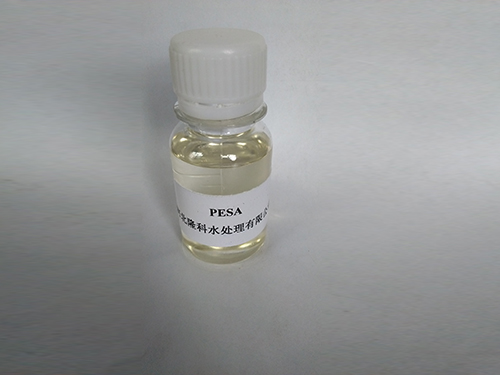oem polyacrylamide
The Versatility of OEM Polyacrylamide in Various Industries
Polyacrylamide (PAM) is a versatile synthetic polymer widely recognized for its applications in diverse fields, including water treatment, agriculture, and the oil industry. As an Original Equipment Manufacturer (OEM) product, polyacrylamide can be custom-manufactured to meet specific performance and regulatory requirements, making it an invaluable asset for businesses looking to optimize their processes.
Understanding Polyacrylamide
Polyacrylamide is a water-soluble polymer made from acrylamide monomers. When dissolved in water, it forms a gel-like substance that can enhance the handling of water and soil. Depending on its formulation, PAM can be non-ionic, anionic, or cationic, with each type catering to different environmental and industrial needs. The choice of polymer type is essential as it dictates the efficiency and functionality in various applications.
Applications in Water Treatment
One of the most significant applications of OEM polyacrylamide is in water treatment. It is commonly used as a flocculant to help separate suspended particles in water. The flocculation process involves the aggregation of fine particles into larger clusters, or flocs, which can then be easily removed from water through sedimentation or filtration. This process is crucial for municipal water treatment plants, as well as in industrial applications where wastewater needs to be treated before being discharged.
PAM's ability to enhance sedimentation rates not only improves the quality of treated water but also minimizes the formation of sludge, making it more manageable and environmentally friendly. The customization options available through OEM polyacrylamide suppliers mean that treatment facilities can obtain formulations tailored to their specific water quality challenges.
Role in Agriculture
In agriculture, OEM polyacrylamide plays a significant role in soil management and irrigation. As a soil conditioner, PAM increases water retention in sandy soils, reducing irrigation needs and improving crop yields. By forming a gel when mixed with water, it enhances the availability of moisture to plants, promoting healthier growth, especially in arid regions.
oem polyacrylamide

Furthermore, PAM can reduce soil erosion and runoff, allowing for more sustainable farming practices. By improving soil structure and stability, it helps maintain soil health over time. The application of customized polyacrylamide offers farmers the flexibility to address various soil types and climatic conditions, boosting their productivity.
Oil and Gas Industry
In the oil and gas sector, OEM polyacrylamide is commonly utilized in enhanced oil recovery (EOR) processes. As a thickening agent, it increases the viscosity of water injected into oil reservoirs, improving the displacement of oil towards production wells. This application is critical for maximizing recovery rates from mature fields, thereby prolonging their economic viability.
Moreover, PAM is employed in drilling fluids to aid in the stabilization of boreholes and improve the efficiency of drilling operations. Custom formulations can be developed to reduce fluid loss and enhance the overall performance of drilling activities in varying geological conditions.
Environmental Considerations
As industries increasingly prioritize sustainability, the role of OEM polyacrylamide has garnered attention for its potential to minimize environmental impact. The controlled application of PAM in water treatment can significantly reduce the release of pollutants, while its use in agriculture can improve land management and reduce the ecological footprint of farming practices.
However, it is crucial to consider the responsible use of polyacrylamide. Overuse or improper handling can lead to potential environmental risks, such as the leaching of residual acrylamide into soil and water systems. Therefore, sourcing from reputable OEM suppliers who ensure the quality and safety of their polyacrylamide products is essential.
Conclusion
OEM polyacrylamide stands out as a multifunctional polymer with significant applications across various industries. Its effectiveness in water treatment, agriculture, and oil recovery underscores its importance in enhancing operational efficiency and sustainability. As businesses continue to seek innovative solutions to environmental challenges, the customized offerings of polyacrylamide will play a pivotal role in driving progress and promoting responsible practices in industrial applications.
-
Water Treatment with Flocculant Water TreatmentNewsJun.12,2025
-
Polymaleic AnhydrideNewsJun.12,2025
-
Polyaspartic AcidNewsJun.12,2025
-
Enhance Industrial Processes with IsothiazolinonesNewsJun.12,2025
-
Enhance Industrial Processes with PBTCA SolutionsNewsJun.12,2025
-
Dodecyldimethylbenzylammonium Chloride SolutionsNewsJun.12,2025





